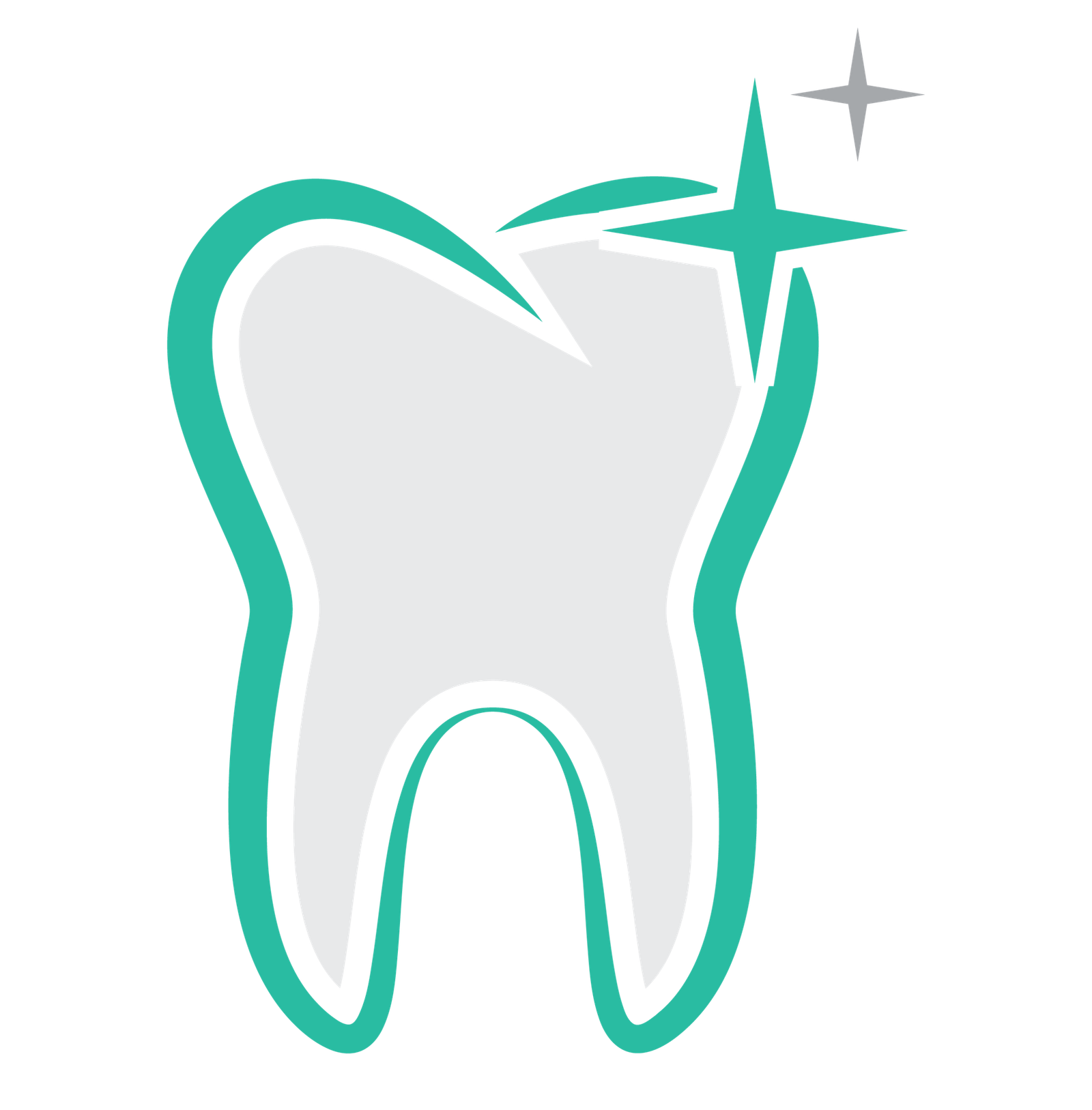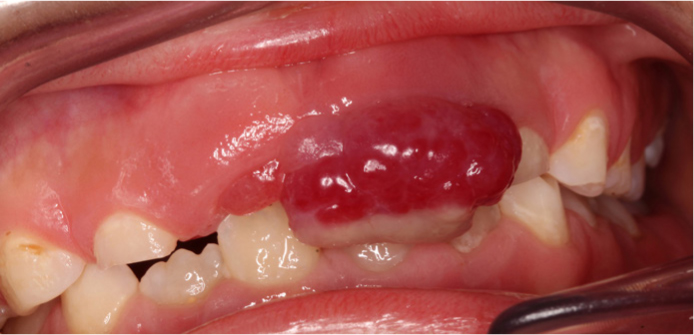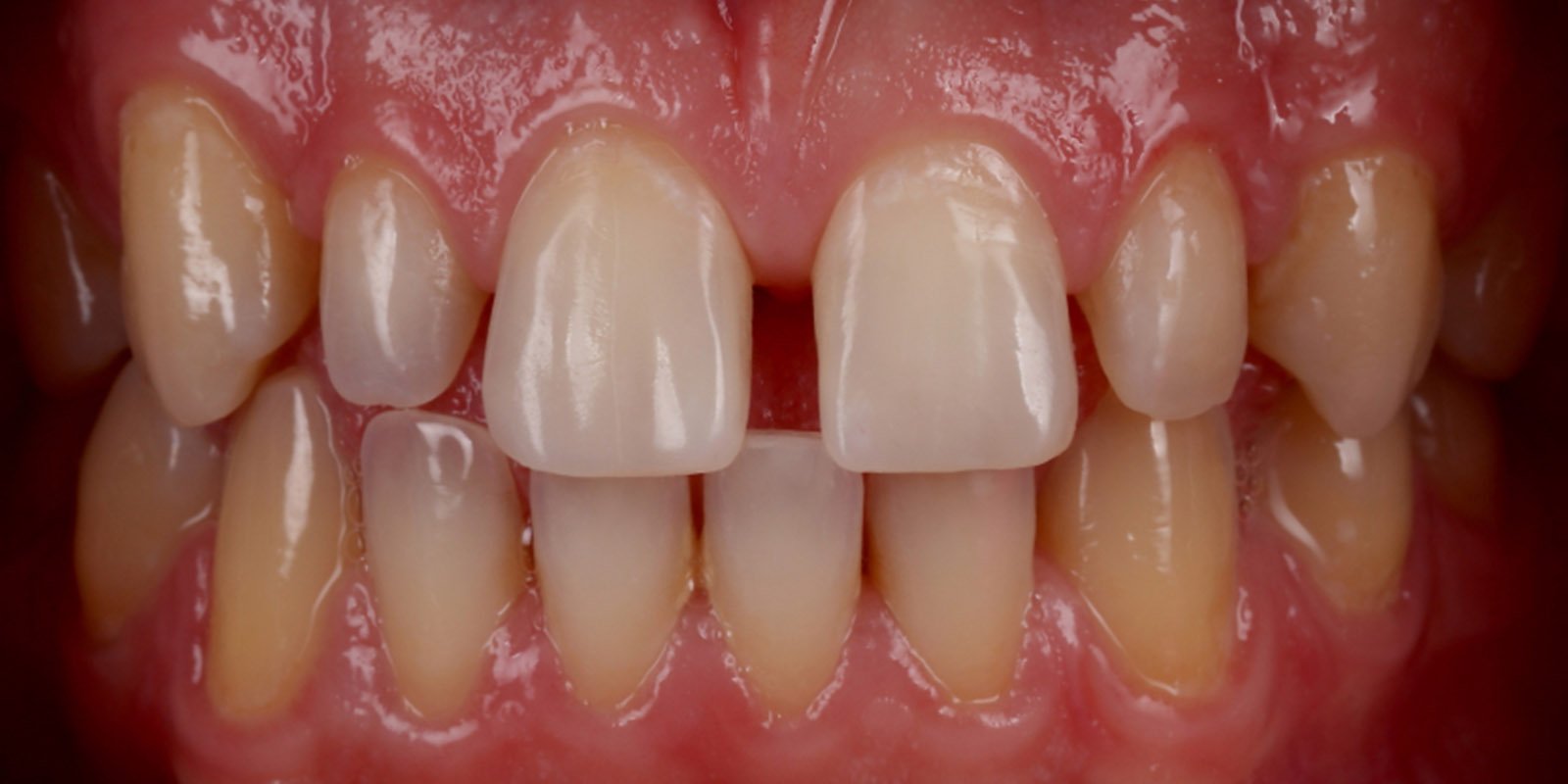Oral Pyogenic Granuloma Diagnosis & Treatment in Delhi
An “oral pyogenic granuloma” refers to the occurrence of a pyogenic granuloma within the oral cavity. Pyogenic granulomas can develop on the mucous membranes of the mouth, gums, lips, tongue, and other oral structures. These growths are more common in areas that are prone to irritation or injury, which is why they can be found within the oral cavity.
The term “pyogenic” is somewhat misleading, as these growths are not caused by infection, but they are characterized by their tendency to be ulcerated, bleed easily, and have a reddish appearance. They often arise in response to various factors, such as hormonal changes (as seen in pregnancy), trauma (like accidental biting or dental procedures), and local irritation.
While oral pyogenic granulomas can be treated with various methods, including topical applications or laser therapy, in some cases, surgical intervention might be necessary for effective removal. Oral surgery can help ensure complete excision of the lesion and prevent recurrence.
Before & After Oral Pyogenic Granuloma Diagnosis and Treatment in Delhi
Here’s how pyogenic granuloma treatment through oral surgery at NDDC might be approached:
1. Consultation and Diagnosis:
The process begins with a thorough examination by our expert dentists experienced in oral pathology. They will assess the lesion’s size, location, and characteristics to confirm the diagnosis and determine the appropriate treatment plan.
2. Anesthesia:
Depending on the size and location of the pyogenic granuloma, local anesthesia or another form of anesthesia might be administered to ensure that the procedure is pain-free.
3. Surgical Removal:
The surgical removal of the pyogenic granuloma involves cutting around the lesion to ensure complete excision. Our surgeon will remove the lesion along with a margin of healthy tissue to reduce the risk of recurrence. The wound is then stitched up using sutures.
4. Biopsy (if needed):
In some cases, the excised tissue might be sent for a biopsy to confirm the diagnosis and rule out other potential conditions.
5. Post-Operative Care:
After the surgery, our dentist at North Delhi Dental Clinic will provide instructions for proper wound care and hygiene to promote healing and reduce the risk of infection. This might include guidelines on oral hygiene practices and information about any dietary restrictions.
6. Follow-Up:
A follow-up appointment will be scheduled to monitor the healing process and ensure there are no complications.
7. Recurrence Prevention:
While surgical removal is effective, there’s still a possibility of recurrence. To minimize the risk, it’s important to follow the post-operative care instructions and maintain good oral hygiene practices.
It’s worth noting that oral surgery for pyogenic granuloma is generally a straightforward procedure, and complications are rare. However, as with any medical intervention, there are potential risks and considerations, which our expert dentists will discuss with you before the procedure.
If you suspect you have an oral pyogenic granuloma, it’s advisable to seek professional guidance from a qualified oral surgeon or dentist who can accurately diagnose the condition and recommend the most appropriate treatment approach for your specific case.





